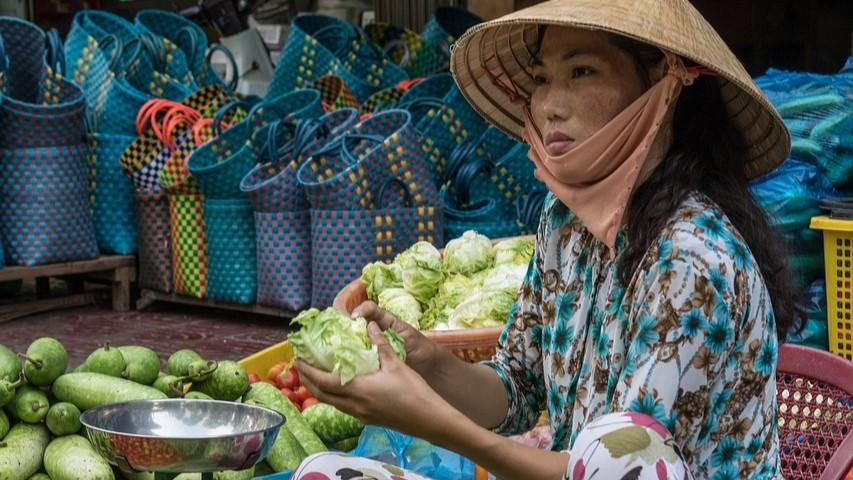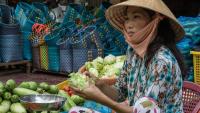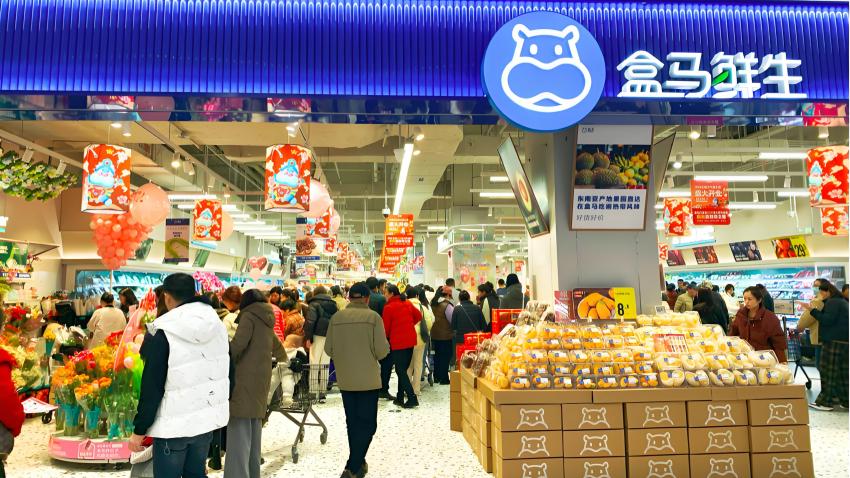You are here
Back to topVietnam Aims To Stop Unofficial-Quota Exports to China by 2030

According to a report by Việt Nam News, starting from Jan. 1, 2029, Vietnamese residents participating in cross-border trade — whether buying, selling or exchanging goods — will be required to perform the import and export procedures in person. Furthermore, from Jan. 1, 2030, goods will only be processed for import and export at specific locations, including China–Vietnam border ports at various administrative levels, and via designated transportation routes.
This latter change means that, as of Jan. 1, 2030, Vietnamese companies will no longer be able to send goods to China as so-called “unofficial-quota exports.” This term refers to small-scale trading occurring outside of official international trade channels, sometimes using oral agreements rather than contracts, with payment often through cash or bartering and delivery through auxiliary border gates. “Official-quota exports,” on the other hand, describe the more conventional situation of traders signing contracts according to international practices with insurance and inspection terms, paying via banks and shipping through main border gates.
Recently, the Vietnamese government issued Decree No. 122, which amends and builds on certain provisions of Decree No. 14, which was issued in 2018, relating to cross-border trade activities. Under the new decree, Vietnam’s Ministry of Finance is scheduled to submit a proposal to the government in 2029 to adjust the tax-free allowances and tax-exempt amounts for cross-border trade goods imported by border residents.
Adjustments have also been made to the acceptable payment methods for border trade. Three payment options are still allowed: bank transfers, offsetting payments between exported and imported goods and services (with any balance settled through banks), and cash payments. However, under the new rules, cash payments will be limited to transactions involving the buying, selling or exchanging of goods by border residents.
In addition, the decree introduces a new provision establishing standards for cross-border trade goods. Goods involved in cross-border trade by businesses or border residents must comply with the standards, quality requirements, traceability regulations and other conditions set forth by the laws of the importing country.
At present, the tax-free limit for Vietnam’s border trade is 8 million Vietnamese dong ($315) per person per month, which equates to 96 million dong ($3,780) annually. To take advantage of these tax benefits, many goods — such as cassavas, lychees and watermelons, which are also permitted to enter China through official channels — are shipped to China via the border trade option.
Goods imported through the border trade channel are not included in import quotas. Although this policy is nominally designed to provide convenience for border residents, many traders exploit it to import and export large quantities of goods. Consequently, a certain proportion of fresh fruits and vegetables continue to be traded in an effectively unregulated manner. Buyers and sellers often do not sign formal contracts, which does not comply with border trade management requirements and poses significant risks. Furthermore, because Vietnamese fruits and vegetables are highly seasonal, many merchants rush to border crossings during harvest seasons to transport their goods. This often overwhelms the customs clearance capacity and has been known to create significant congestion at land ports.
Image: Pixabay
This article was based on a Chinese article. Read the original article.













Add new comment